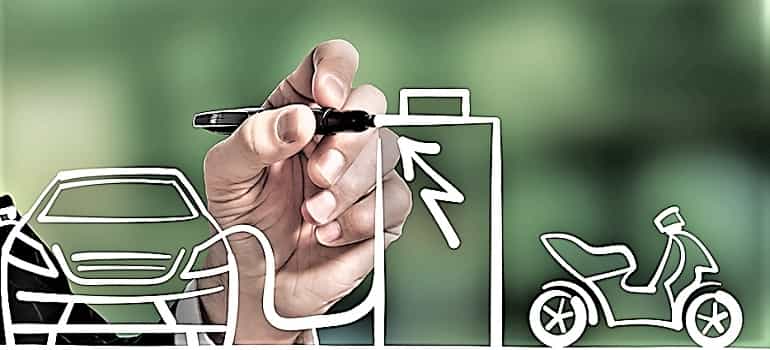Gujarat government recently announced its all-new electric vehicle policy in a bid to fan e-vehicle adoption in the state.
The policy named Gujarat Electric Vehicle Policy 2021 is aimed to make the state a hub for e-vehicles and various materials related to it, and witness 2 lakh electric vehicles on the roads of Gujarat in next 4 year.
Informing about the decision, the state information department tweeted, With an aim to witness 2 lakh electric vehicles on the roads of Gujarat in next 4 years, Chief Minister Vijay Rupani declares Gujarat Electric Vehicle Policy 2021.
Here are the key points that you should know from the policy
- Witness minimum 2 lakh electric vehicles in the State in coming 4 years
- Create the state a manufacturing hub for e-vehicles and various materials related to it.
- Subsidy up to Rs 20,000 for 2 wheelers, Rs 50,000 for 3 wheelers, and up to Rs 1.5 lakh for 4 wheelers will be directly credited to bank accounts through DBT
- Gujarat will give double the amount of subsidy than any other state for e-vehicle per kilowatt
- Gujarat government will encourage and give subsidy to e-vehicle purchasers along with benefits from the Government of India’s Fame 2 scheme to encourage e-vehicles
- Encourage young entrepreneurs, startups, and investors in the field of electric mobility
- Cut down the air pollution and keep the environment safe
- Infrastructure for new 250 charging stations to come up, at Present 278 charging stations are available in the State for the charging of e-vehicles. which takes the total tally to 528
- Petrol pumps will be allowed to establish charging stations
- Charging facilities to come up at housing and commercial infrastructures
- The registration fee will be exempted on e-vehicles registered at Gujarat RTO, fuel worth 5 crore rupees will be saved
- Minimum 6 lakh ton CO2 emission will be reduced
It is worth noting that early this month the Department of Heavy Industry Ministries issued a notification with partial amendments for the FAME 2 scheme.
The revisions now introduce a demand incentive of Rs 15,000 per KWh for electric two-wheelers with a maximum cap at 40 per cent of the vehicles’ cost.


